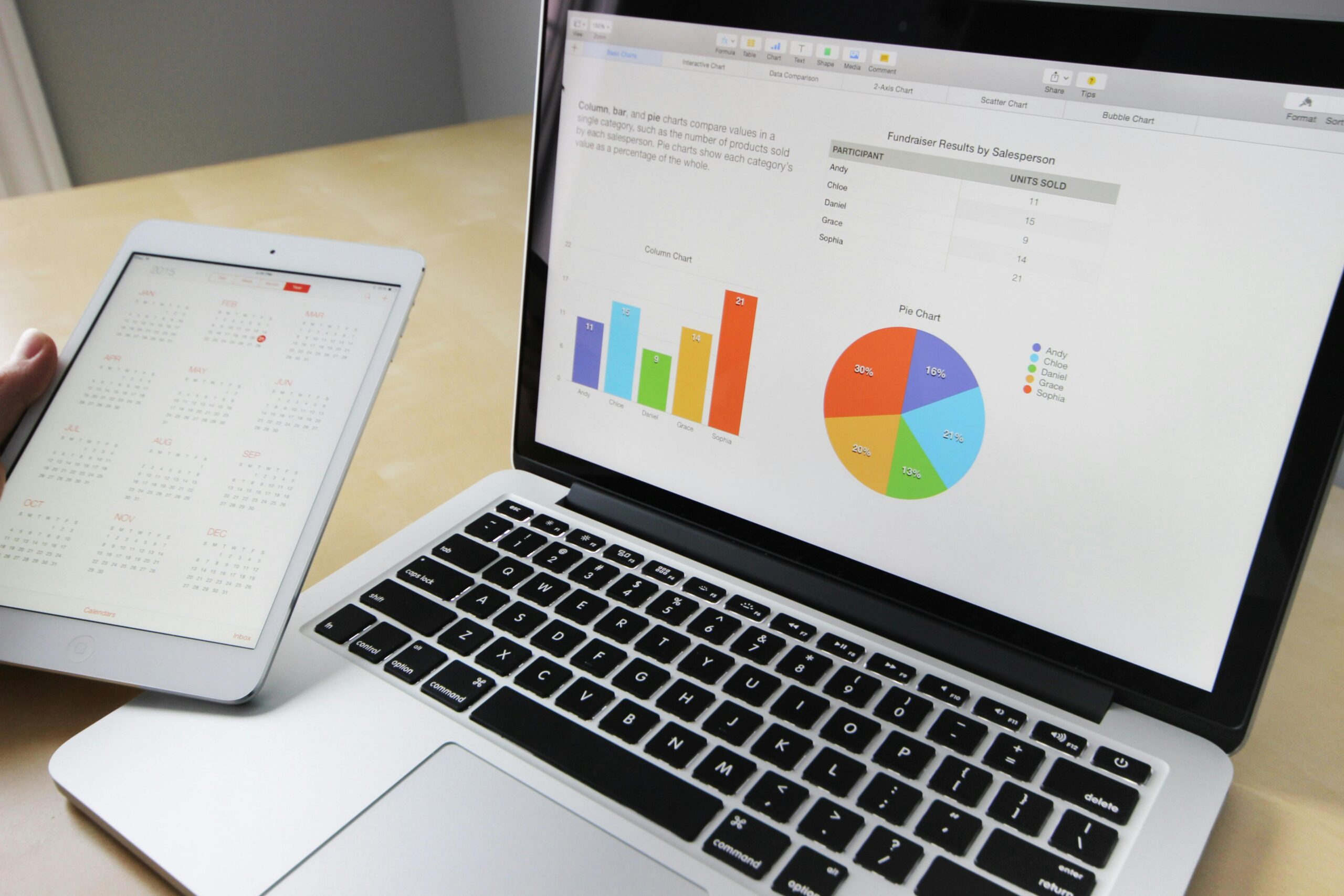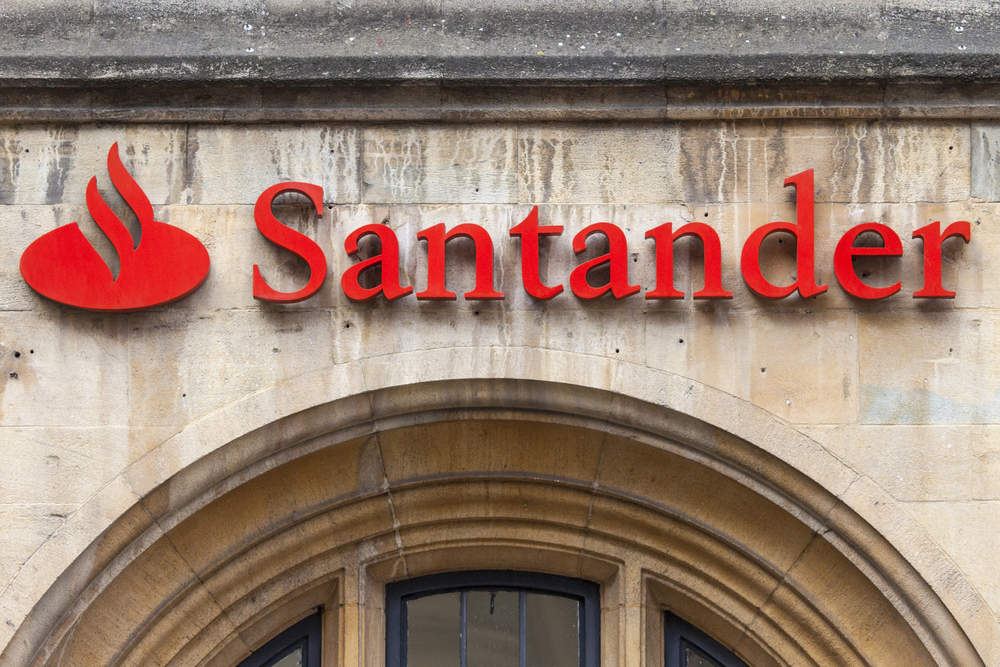Workers who perform well can contribute enormously to the overall profitability of your business in the long term. Those who perform badly, on the other hand, can be a liability. Often, a marginal difference in performance can compound across an entire workforce, and over a sufficiently long period of time. A worker who produces just 1% more than another can make a big difference when your margins are thin.
As such, performance management should be a concern of every business. It’s through this process that you’ll orient workers in the right direction, help them stay focussed, and ultimately give them the tools they need to improve and develop.
Let’s take a look at a few of the more effective performance management strategies.
Goal Setting
To begin with, you’ll want to set goals for your employees. These should conform to SMART criteria, and they should be aligned with the broader goals of your organisation. When employees contribute to the setting of goals, they may be more committed to them – and, therefore, more likely to work just that little bit harder to make them happen.
Ideally, goals should be regularly reviewed and adjusted. As the circumstances faced by your business and its employees evolve, so too should the goals you’re working towards.
Performance Reviews
Goals can provide a basis for measuring and assessing performance. However, the actual assessment should take place at regular performance reviews. These are an opportunity to sit down with the employee, recognise the progress they’ve already made, and to look at ways in which that progress might be accelerated. It might be that there are easy fixes that can yield a substantial uptick in productivity – but only if those fixes are identified.
Feedback Mechanisms
While performance reviews are an opportunity to provide feedback, they should not be the only method for doing so. You might also use surveys, informal discussions, and other means. When feedback is continuous, it can be acted upon continually – which will make it more effective in the long run. When you don’t wait for the review, you’ll improve much more quickly.
In some cases, you might use data from third parties as a basis for performance monitoring. In the hospitality trade, hospitality accountants might be able to share a much deeper insight into your performance than any non-specialised member of staff.
Recognition Programmes
If your employee development programs are oriented toward relentless troubleshooting, then their effect might be subtly demoralising for the entire workforce. Try, therefore, to strike a balance between negative and positive feedback. Try to publically reward and recognise employees who excel. Make sure that you also regularly review and reassess your recognition programs, also, to ensure that they’re actually producing the required incentives for your employees.







